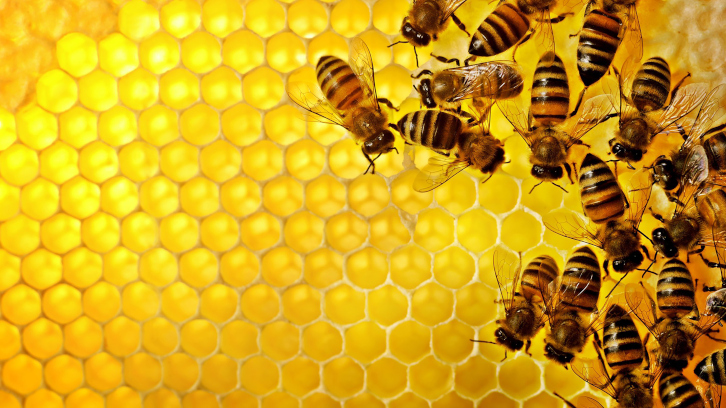"The rules of nature are changing, every year is unpredictable". Perceptions of climate change by beekeepers of Italia

Researchers from the UAB have conducted a study to listen to local beekeeping communities in Liguria, in north-west Italy, and co-design landscape planning sensitive to local needs and requests. The research aims to encourage the adaptation of beekeeping to the impacts of climate change.
Beekeeping activity is a privileged lens for looking at the impacts of climate change since this human activity is intrinsically related to bees that are very sensitive to environmental changes.
To understand the perceived impacts of climate change in the Mediterranean, we selected Liguria - a small region in Northwestern Italy- characterized by mountain terrains overlooking the Tyrrhenian Sea. There, we conducted 47 semi-structured interviews among local beekeepers to document the changes they observed.
Almost all the beekeepers noticed changes in bee productivity (e.g. reduced honey production) and behaviour (e.g. bees are less active and weaker) and melliferous flora productivity (e.g. decrease in pollen production). A beekeeper from western Liguria reported: “In the spring period, there should be an increase in laying and a vigorous activity of collecting pollen for nutrition, but the bees go out and find nothing because the cold has burnt everything, and so the queen goes into brood block”.
The most common factors of changes observed by Ligurian beekeepers refer to precipitations (increased length of the drought periods and changes in the predictability of frost events which are now occurring more frequently), and temperature as they observed unusual changes in temperature fluctuation and changes in the timing of cold waves. Finally, beekeepers reported changes in the timing of seasons. For instance, a beekeeper with over 20 years of experience claimed “Today, 24 October 2022, it was 19 °C! 10 years ago, it might have been 4/5 °C at this time. These high temperatures stimulate the bees to work, and, at this time, the brood should be few, but instead, it is abundant. However, this is a problem because the bees go out in the warm weather to look for nectar and pollen, but in our area, there is nothing now, and so, having returned home empty, they use up their stocks”.
The main adaptation strategy reported by interviewed beekeepers is artificial feeding as “If the bees have used up their stocks at the end of the winter and a month of continuously cold weather falls upon us, we have to administer many litres of syrup”.
Other factors not (directly) related to climate contribute to the changes observed by beekeepers. They include the introduction of alien species, pesticide spread, and the abandonment of small-scale agriculture, with special reference to chestnut production, an important staple food and a crucial melliferous plant.
This research sheds light on the importance of listening to local communities to co-design landscape planning sensitive to the needs and requests of beekeepers. Such policy tools can foster beekeeping adaptation to the impacts of climate change and reduce other detrimental phenomena on honeybee wellbeing by supporting small-scale agriculture to maintain a diverse landscape that provides fodder for pollinators, which are so crucial to our planet.
Institut de Ciència i Tecnologia Ambientals (ICTA-UAB)
Universitat Autònoma de Barcelona
References
Fiammetta Remotti, Giulia Mattalia, Marco Porporato, Roberta Cevasco, Andrea Pieroni. The rules of nature are changing; every year is unpredictable': perceptions of climate change by beekeepers of Liguria, NW Italy, Regional Environmental Change (2024) 24:79 https://doi.org/10.1007/s10113-024-02242-3

